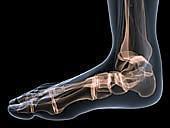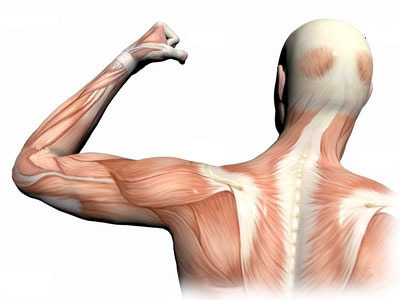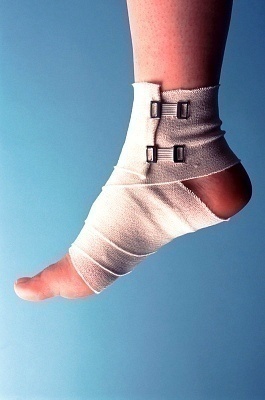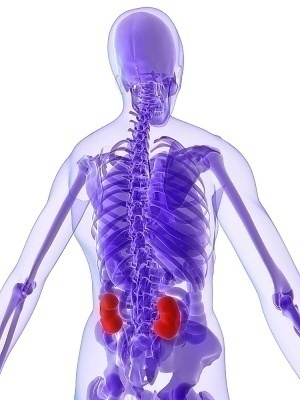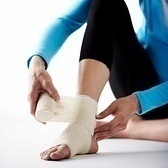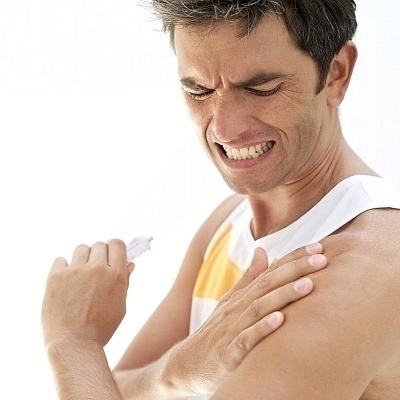What Causes Charlie Horses?
Charlie Horses is the name given to muscle spasm experienced by an individual, especially in the leg. The most probable area where Charlie horse strikes is the calf region and at night. In case of such a spasm, the concerned muscle contracts and cramps, without any slightest indication beforehand. The spasm is very painful and locks the particular muscle in a contracted position. The pain experienced during Charley horses is so sudden and intense that you lose complete control over the muscle and find it next to impossible to use it.
Causes of Charlie Horses
In most of the cases, Charlie horses are the late responses of straining a muscle during exercise, or otherwise. The most common type of Charley horse, found in the calf region, is often the result of kicking while swimming. Charley horses in the upper leg are mainly caused by activities like running or jumping.
Chronic health problems such as diabetes can cause problems with leg cramps. Hormone imbalances, pregnancy and vascular problems can also be the cause, as can a bad case of the stomach flu with diarrhea.
A deficiency in the electrolyte, potassium may bring on leg cramps. Potassium is an essential element that the body requires in order to regulate heartbeat and blood pressure. A deficiency in potassium can not only cause leg cramps, but also a host of other symptoms like chronic fatigue, muscle weakness and memory problems. To decrease the chance of having a potassium deficiency, it is important to eat a well balanced diet, that includes potassium rich foods such as bananas, orange juice, dried apricots and raisins, peas and potatoes. Also include foods rich in vitamins A, E, calcium and magnesium as these works in harmony with potassium to maintain the balance of fluid within the cell walls and keep muscle tissue relaxed and not cramped into a knot.
Athletes already know that simple dehydration can also bring on a Charlie Horse. Many non-sporty folks don’t drink enough water each day and end up lunging around the bedroom in the middle of the night with an easily preventable cramp. If you feel thirsty – you are already becoming dehydrated. It is recommended that we drink 6 – 8 glasses of water every day to stay properly hydrated.
Once you are in the midst of a cramp, try gently massaging the calf muscle, applying a warm rag or ice, depending on which feels better to you at the time, or stretch the calf muscle by grabbing your toes and gently pulling them back toward you

